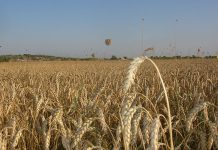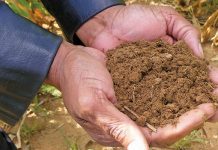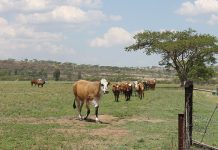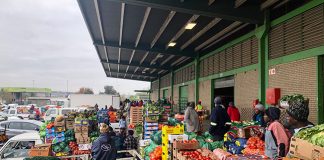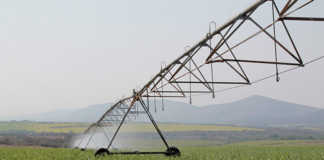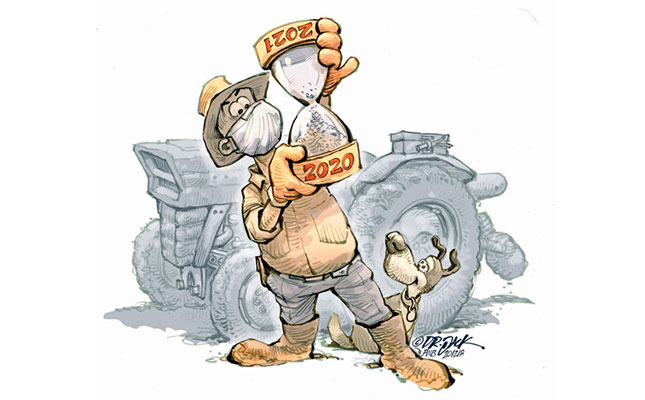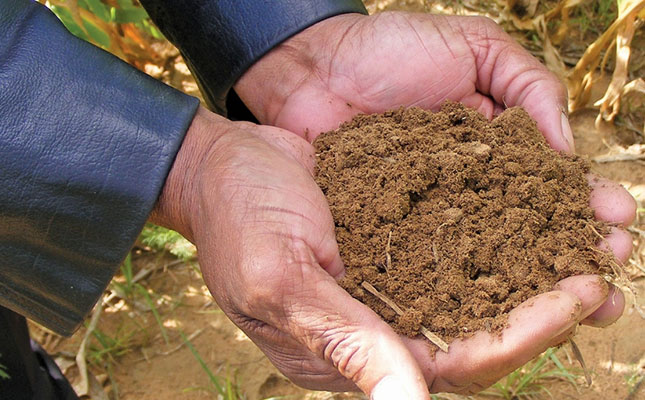
Over the next three years, the DEA will spend R2,5 billion on its biodiversity and conservation programmes, and R1,4 billion on its climate change, air quality and sustainable development programmes.
Money allocated to the South African National Biodiversity Institute will decrease by R42,4 million.
South Africa has many challenges that need to be addressed, but the threats posed by climate change, loss of biodiversity and ecosystems are no less devastating than these.
Certainly, responding to the challenges that could severely compromise the country’s ability to produce food should be taken seriously and not be practically ignored.
The total allocation of R23,5 billion made to the DEA from the national spending budget of R5,88 trillion over the next three years amounts to only 0,4% of national spend.
A recent report published by the Institute for Public Policy Research, titled ‘This is a Crisis: Facing up to the Age of Environmental Breakdown’, argues that mainstream political and policy debates have failed to recognise that the human impact on the environment has reached a critical stage, potentially eroding the conditions upon which socioeconomic stability is possible: “Human-induced environmental change is occurring at an unprecedented scale and pace and the window of opportunity to avoid catastrophic outcomes in societies around the world is rapidly closing.”
The report, ‘The State of the World’s Biodiversity for Food and Agriculture’, released by the UN’s Food and Agriculture Organization in February this year, also warns that the world’s capacity to produce food is being undermined by humans’ failure to protect biodiversity.
The report says that over the past two decades, about 20% of the Earth’s vegetated surface has become less productive. The report also says that 63% of plants, 11% of birds, and 5% of fish and fungi are also in decline.
Republicans in the US have been very critical about the so-called Green New Deal, an ambitious programme aimed at fighting climate change in the US, which is being championed by recently elected Democrat representative Alexandria Ocasio-Cortez.
The Republican-aligned think tank, American Action Forum, says that implementing the plan could cost between US$51 trillion (about R706 trillion) and $93 trillion (R1,28 quadrillion) over 10 years.
However, if a UN report that predicts that by 2100 the effects of catastrophic climate change could cost the US more than US$500 billion (R6,93 trillion) annually in lost economic output, then perhaps an investment in preventing these losses from occurring is the wise thing do to.
And maybe this is what South Africa should be doing too.


